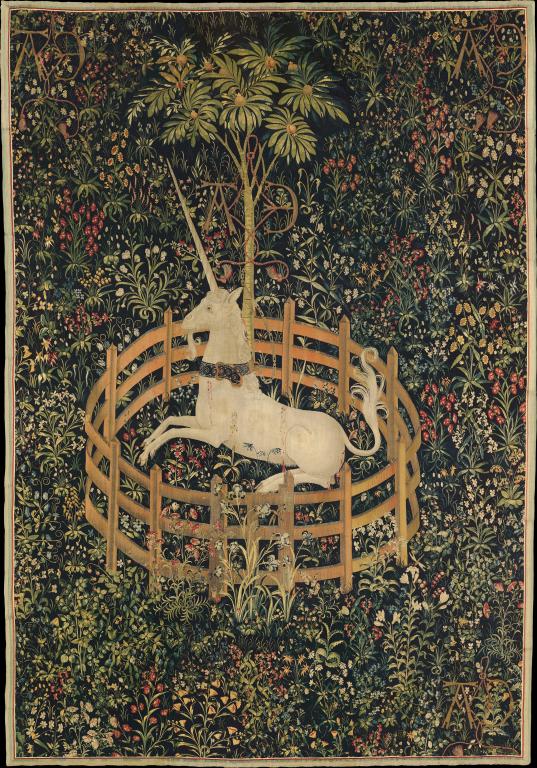In the book, an evil organization, called the N.I.C.E. seeks to rule over Britain. The only partially initiated believe that the goal is the prolongation of life through the inorganicization of life. Filostratto, a doctor who has found a way to stop a severed head from decaying (though has not found a way to keep its consciousness alive) says to Mark Studdock, one of the protagonists, “’It is nothing less than the existence of the human race that depends on our work: our real work, you comprehend?'” (THS 58). Later he tells Mark that their project is ultimately, “‘the conquest of death'” (THS 173-4). But his conquest of death requires removing all that is “dirty” which is to say all that is organic, all that makes a living thing a living thing.
Lewis’ evil organization, as it turns out, is being led by demons and I must say that when we see his dystopian world looks an awful lot like what Pickstock describes as the necrophilia of modernity. Filostrato’s dream is an inorganic world where sex and procreation are completely divorced. Where birds with their feces and feathers no longer sing from trees, where trees no longer drop their leaves. And of course, bound up in all of this is death. Eating and defecating are reminders that we will die since they serve to help stave off that reality. The lifecycle of trees is just that, a lifecycle, birth, life, and death.
But maybe you think we aren’t that bad yet. I mean sure, the rise of contraceptives (not necessarily inherently evil) have made it easier simply not to have children. Abortion keeps you from having the children you’ve created. Women in our country are often forced to choose between career and family. This is an important one too. After all, the stereotype is the one who chooses to have a career and shuns committed relationships. But that ignores the reality of families (often ones with children) where both the man and the woman must work in order to make ends meet, and then only just. And of course, don’t forget single moms and divorced moms. Or how about dads? Most men must leave the house to work and spend the majority of their time away from their children. It isn’t as though I’m against work, and as the parent who works from the home for now, it is nice to have a break every now and again, but I don’t long for 8-10 hour days away from my kids in order to provide for an unforeseen future rather than being with them and loving them now.
Or let’s talk health insurance. Some countries are allowing teens to choose euthanasia who have depression. In our own country, pregnancy is often treated as a disease or an accident on par with breaking your leg on a skiing vacation. And never mind how health insurers before the affordable care act treated people with pre-existing conditions. Or how about the fact that we insure our health. Are we cars or homes that we need insurance against accidents? Or is it part of the “promot[ion] of the general Welfare” to actually care for the health of our citizens?
And of course we cannot forget the degradations we subjecting our common home to. Often in the name of progress, of life.
So, I think Pickstock and Lewis are onto something. We live in a necrophilic culture. That one claims to prize life, but really, ultimately, worships death. So maybe, the right way to live in a culture that sacrifices life to death is to live a life that recognizes death; to live a life that sees death as our sister, as St. Francis reminds us. Maybe the response to the necrophilic is to truly and simply live. At least, I know that’s what I’m going to try to do.
Sincerely,
David












